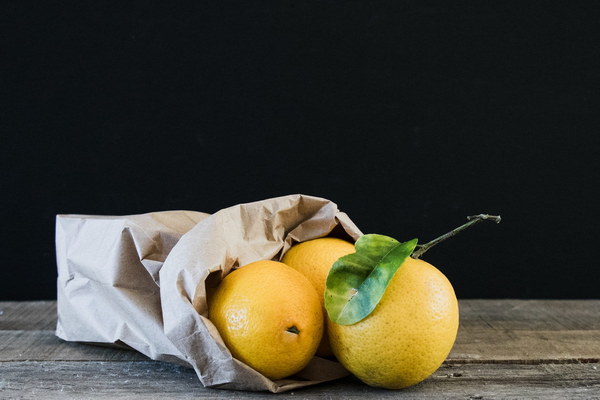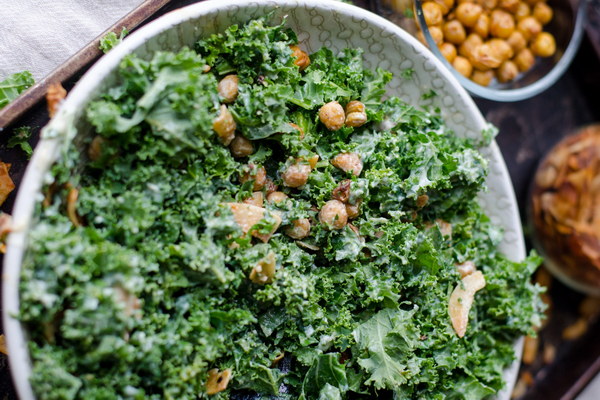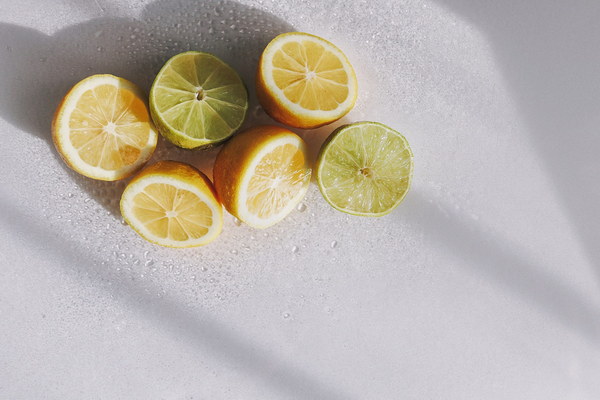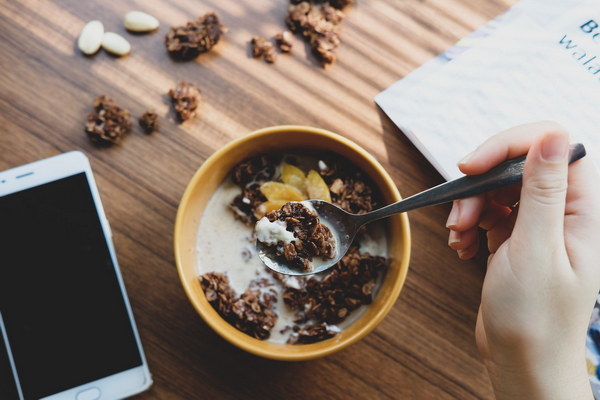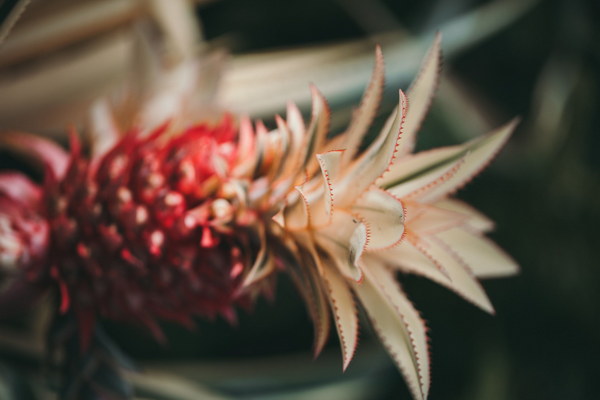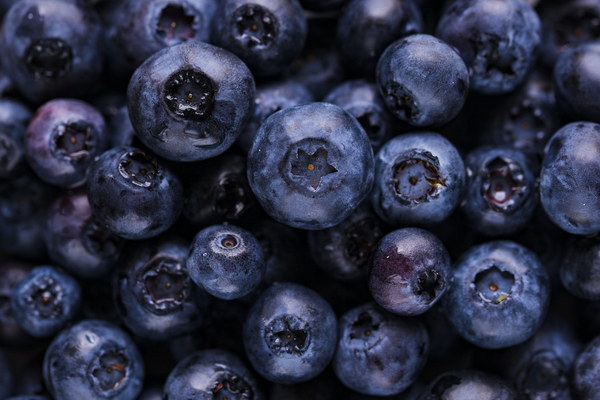Natural Remedies and Diet Tips to Alleviate Indigestion and Hiccups
Natural Remedies and Diet Tips to Alleviate Indigestion and Hiccups
Indigestion and hiccups can be quite pesky, often disrupting our daily lives and causing discomfort. While over-the-counter medications can offer temporary relief, they may not always be the best solution, especially for those looking for more natural alternatives. Incorporating certain foods and beverages into your diet can help soothe your digestive system and reduce the frequency of hiccups. Here are some natural remedies and diet tips to consider:
1. Hydration is Key
Staying well-hydrated is crucial for maintaining a healthy digestive system. Water helps to break down food, allowing it to be processed more efficiently. Try to drink at least eight glasses of water a day, and if you're prone to hiccups, avoid drinking too quickly or from straws, as this can trigger them.
2. Ginger Tea
Ginger has been used for centuries as a natural digestive aid. It helps to stimulate the production of bile, which aids in the digestion of fats. To make ginger tea, simply steep a slice of fresh ginger in hot water for 10-15 minutes. Sip it slowly to enjoy its soothing properties.
3. Chamomile Tea
Chamomile is another herbal tea that can be beneficial for indigestion. It has calming properties that help to relax the muscles of the digestive tract. Brew a cup of chamomile tea by steeping a teaspoon of dried chamomile flowers in hot water for 5-10 minutes.
4. Apple Cider Vinegar
Apple cider vinegar is a versatile ingredient that can aid digestion. Mix one to two tablespoons of apple cider vinegar with a glass of water and drink it before meals. This can help to break down food more effectively and reduce bloating.
5. Peppermint or Fennel Seeds

Peppermint and fennel seeds are both excellent for digestion. They can be consumed as a tea or added to dishes. Peppermint tea can help to relax the muscles of the stomach and alleviate gas, while fennel seeds can aid in the digestion of fats and proteins.
6. Eat Small Meals
Eating large meals can overwhelm your digestive system, leading to discomfort and hiccups. Try to eat smaller, more frequent meals throughout the day. This can help to prevent overeating and keep your digestive system running smoothly.
7. Avoid Trigger Foods
Certain foods can exacerbate indigestion and trigger hiccups. Common culprits include spicy foods, fried foods, caffeine, alcohol, and carbonated beverages. If you notice that these foods tend to cause discomfort, try to limit your intake or eliminate them from your diet altogether.
8. Chewing Gum or Smoking
Surprisingly, chewing gum or smoking can trigger hiccups. The act of swallowing air can disrupt the normal rhythm of the diaphragm, leading to hiccups. If you're prone to hiccups, try to avoid these habits.
9. Rest and Relaxation
Stress and tension can contribute to both indigestion and hiccups. Make sure to take time to relax and unwind. Engaging in activities such as yoga, meditation, or deep breathing exercises can help to reduce stress levels and improve your overall digestion.
Conclusion
Indigestion and hiccups can be uncomfortable, but there are many natural remedies and dietary adjustments you can make to alleviate these symptoms. By staying hydrated, incorporating soothing foods and beverages, and paying attention to your eating habits, you can support a healthy digestive system and reduce the occurrence of hiccups. Remember, if your symptoms persist or worsen, it's important to consult with a healthcare professional for proper diagnosis and treatment.
